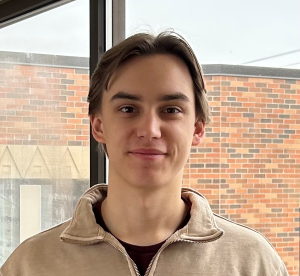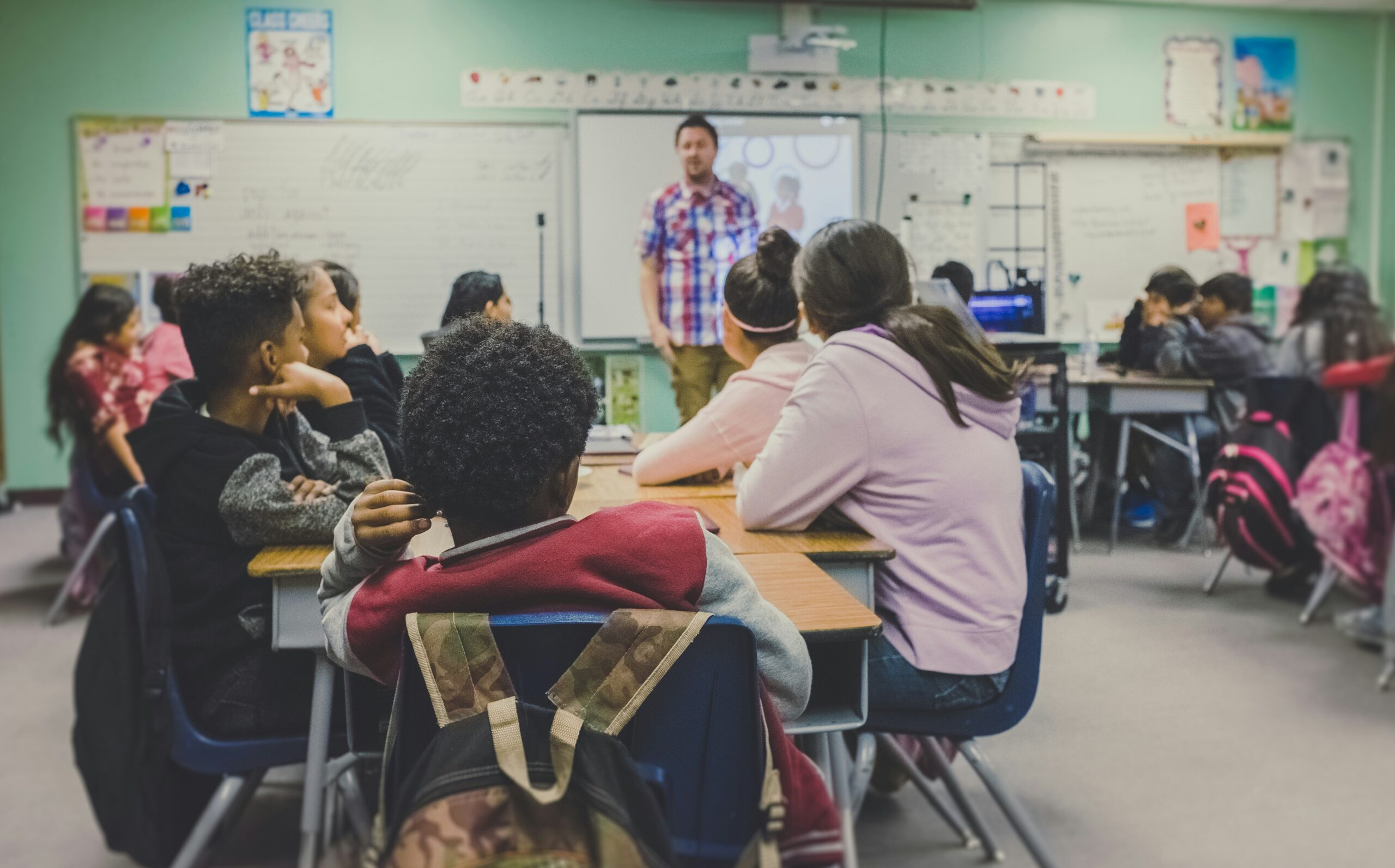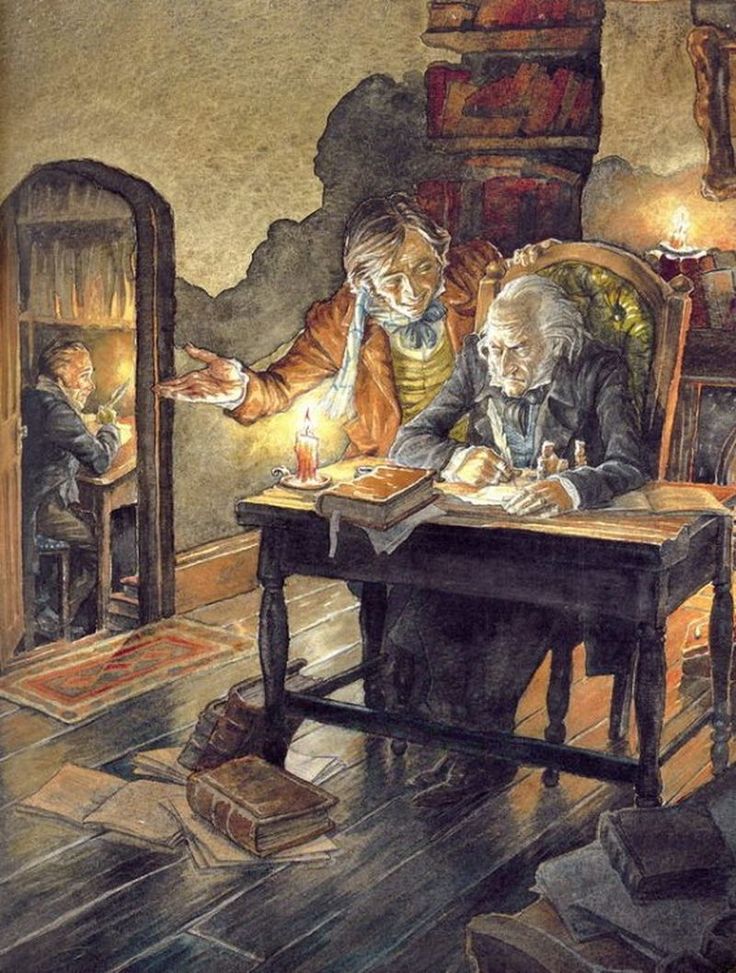Minneapolis Police Changes Response Times After The Killing of George Floyd

On May 25th, 2020, a tragedy took place in Minneapolis, Minnesota. George Floyd, a name we all recognize now, died while being apprehended by Minneapolis police officers. This event sent waves of shock throughout the country and woke people up to the injustices African-Americans face every day. Since then, police forces across the United States have made changes, but not necessarily for the better.
The Minnesota Reformer ran a data request to find out how exactly things have changed. A significant change that occurred post-Floyd is how quickly police officers arrive at a crime scene when a 911 call is made. They compared response times to imminent threat calls from a month before the George Floyd killing to a few weeks after to see if any changes had occurred.
From June 9 to July 6, response times had slowed 1.56 minutes from when a 911 call was given to a squad car until that squad arrived. Additionally, response times slowed 3.86 minutes from when the call was entered into the queue until the squad car arrived. This data shows callers were waiting longer for a squad to be ready to assist them.
CBS discovered that, since Memorial Day, violent crime has spiked by 25% in comparison to the same time last year. However, service calls responded to in that time have gone down 38% since 2019.
The slower response times appear to be because Minneapolis police officers are drastically quitting the force. Many veteran officers say morale inside the department is at its lowest and some officers are retreating on duties in fear of interactions that could get them in trouble.
Nearly 200 officers have applied to leave the Minneapolis police force due to post-traumatic stress. As of July, 65 officers had left the department in comparison to the usual turnover rate per year. The officers left are working long hours and stretching themselves thin as a result.
Minneapolis city council members have been giving their input into the situation as well. Steve Fletcher, the council member for Ward 3 of Minneapolis, shared some insight into what he thinks needs to happen. When asked about officers being hesitant to respond to crimes due to fear of backlash, Fletcher said that “the events around the killing of George Floyd reduced the police force’s legitimacy in the eyes of many people in the public.” He also said because of the reduced legitimacy, a lot of respect has been lost so officers responding to certain situations could cause more harm than good these days,
Overall, the current situation with the Minneapolis police raises many public safety concerns. With the slow response times and fear between both police and citizens, tensions are high for everyone involved.
Police times have gotten slower, but how bad has it gotten and why?





